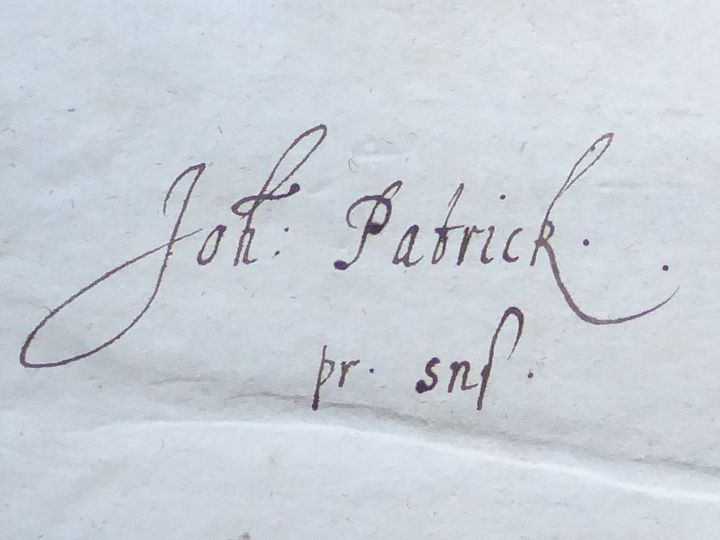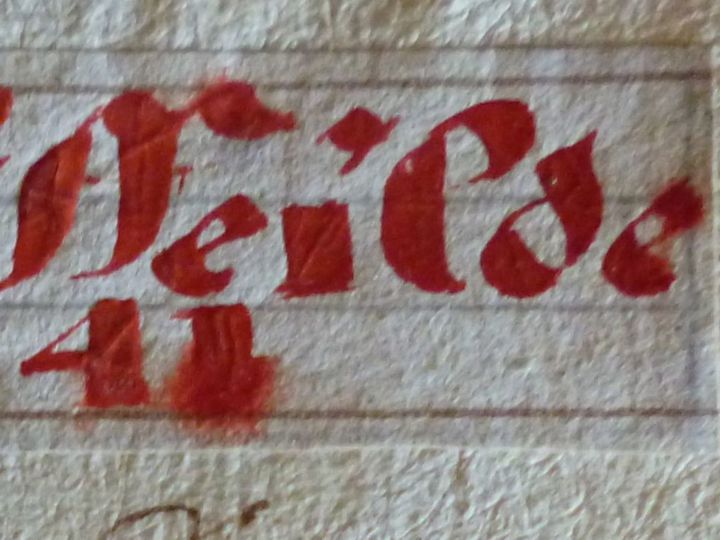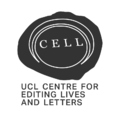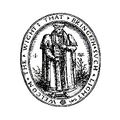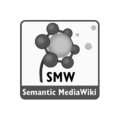Difference between revisions of "Main Page"
| Line 4: | Line 4: | ||
[[file:William-dugdale-detail.jpg | thumb| 550px| link= |[[Sir William Dugdale]]: etching by Wenceslaus Hollar, 1656 ([https://bookowners.online/File:William-dugdale-detail.jpg detail])]] | [[file:William-dugdale-detail.jpg | thumb| 550px| link= |[[Sir William Dugdale]]: etching by Wenceslaus Hollar, 1656 ([https://bookowners.online/File:William-dugdale-detail.jpg detail])]] | ||
| − | Book owners played an essential role in creating the | + | Book owners played an essential role in creating the written heritage we value today. The holdings of our research libraries, constituting our collective printed memory, were built on countless donations or purchases from individuals over the centuries. Books which they kept and valued have significantly shaped our ideas about our literary legacy. |
Key questions which BOO seeks to answer include “did this person own books?”, "how many and what kind?", and “where do I look for more information?”. At a time of growing interest in provenance studies, private libraries, and work on the material book, it adds to our book historical reference sources. There are many online sites which start from books or libraries and provide provenance data, but BOO starts from owners, and summarises what we know about their books, where they are or what happened to them, how big their libraries were, and where to go for further information. | Key questions which BOO seeks to answer include “did this person own books?”, "how many and what kind?", and “where do I look for more information?”. At a time of growing interest in provenance studies, private libraries, and work on the material book, it adds to our book historical reference sources. There are many online sites which start from books or libraries and provide provenance data, but BOO starts from owners, and summarises what we know about their books, where they are or what happened to them, how big their libraries were, and where to go for further information. | ||
Revision as of 10:32, 14 July 2020
Book Owners Online is a directory of historical book owners, with information about their libraries, and signposts to further reference sources. It covers English seventeenth-century owners – people who died between 1610 and 1715 – with the potential to be expanded.
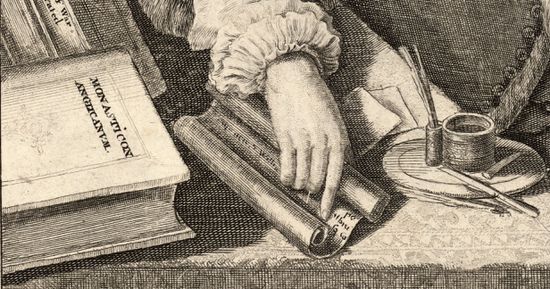
Book owners played an essential role in creating the written heritage we value today. The holdings of our research libraries, constituting our collective printed memory, were built on countless donations or purchases from individuals over the centuries. Books which they kept and valued have significantly shaped our ideas about our literary legacy.
Key questions which BOO seeks to answer include “did this person own books?”, "how many and what kind?", and “where do I look for more information?”. At a time of growing interest in provenance studies, private libraries, and work on the material book, it adds to our book historical reference sources. There are many online sites which start from books or libraries and provide provenance data, but BOO starts from owners, and summarises what we know about their books, where they are or what happened to them, how big their libraries were, and where to go for further information.
Getting Around the Site
- About this Site
- Book Owners Online is a publication of the Bibliographical Society in partnership with the UCL Centre for Lives and Letters (CELL), with a rationale developed by David Pearson.
- HOw to use Book Owners Online
- Book Owners Online is built around a backbone of named owners of libraries, both individuals and families, each of whom has an entry with a standard structure.
- Searching and Browsing
- Book Owners Online works much like Wikipedia. Search using simple keywords in the box above or browse using lists of categories.
- Editorial Team
- Book Owners Online has an editorial team of three researchers, supported by an advisory group of external experts, including academics, librarians, and bibliophiles.
- Acknowledgements
- Book Owners Online wishes to acknowledge the help of its funders and those institutions that have granted permission for use of images of books in their collections on the site.
- Contact Us : Help Us
- Contact details for the Book Owners Online office and editors. We welcome all comments, corrections, and suggestions.
Featured Articles
